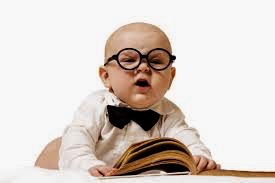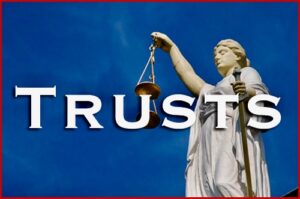
The law governing admissibility of expert opinion evidence stems from the Supreme Court of Canada’s decision in R. v. Mohan, [1994] 2 S.C.R. 9, 1994 CanLII 80, subsequently clarified in White Burgess Langille Inman v. Abbott and Haliburton Co., 2015 SCC 23 [White Burgess]. The party seeking to admit the evidence must satisfy each element in a two-stage inquiry:
- a)At the threshold stage, the party seeking to admit the evidence must demonstrate that the evidence satisfies the Mohan That is, the evidence must be relevant, necessary, absent of an applicable exclusionary rule, and that the expert providing that evidence is properly qualified: White Burgessat para. 23.
- b)At the second stage, the trial judge, exercising the gatekeeping role, must decide whether the benefits of admitting the evidence outweigh its potential risks: White Burgessat para. 24.
The element of a “properly qualified expert” under Mohan requires that the expert has acquired special or peculiar knowledge through study or experience in respect of the matters the expert undertakes to testify: McEwan v. Canadian Hockey League, 2022 BCSC 1104 at para. 186. The court must be satisfied that the person under consideration has expertise with respect to the opinions to be advanced, which is something distinct from just familiarity or involvement: Hughes v. Haberlin, 49 B.C.L.R. (3d) 366, 1997 CanLII 2186 at paras. 14 and 21 (S.C.).
In addition, as noted in R. v. Abbey, 2017 ONCA 640 at para. 48, a properly qualified expert includes the requirement that the expert be willing and able to fulfil the expert’s duty to the court to provide evidence that is:
- a)impartial,
- b)independent, and
- c)
Expert witnesses must be impartial in the sense that their evidence must reflect an objective assessment of the questions presented to them. They must be independent in the sense that their evidence must be the product of their independent judgment, uninfluenced by the party who retained them or the outcome of the litigation. An expert’s lack of impartiality and/or independence is relevant not just to the weight to be given to the evidence under the second stage of the test, but also to its admissibility under the first stage of the test, to be addressed under the “qualified expert” element of the Mohan framework: McEwan at paras. 182–183.
Survey evidence may be admissible, assuming the survey responses are elicited by a relevant question, where the survey is both reliable, “in the sense that if the survey were repeated it would likely produce the same results”, and valid, “in the sense that the right questions have been put to the right pool of survey respondents in the right way, in the right circumstances to provide the information sought”: Masterpiece Inc. v. Alavida Lifestyles Inc., 2011 SCC 27 at para. 94. Like all expert evidence, survey evidence must be prepared by a properly qualified expert: Tokai of Canada Ltd. v. Kingsford Product Company, LLC, 2021 FC 782 at para. 25.
Evidence tendered on an application for certification must meet the usual criteria for admissibility: Pro-Sys Consultants Ltd. v. Microsoft Corporation, 2008 BCSC 1263 at para. 25; McEwan at paras. 29–32. The court exercises an important gatekeeping function in a proposed class proceeding and must not “shirk” its responsibility to consider the admissibility of evidence: McEwan at para. 31, citing Carter v. Ford Motor Company of Canada, 2021 ONSC 4137 at para. 9.




